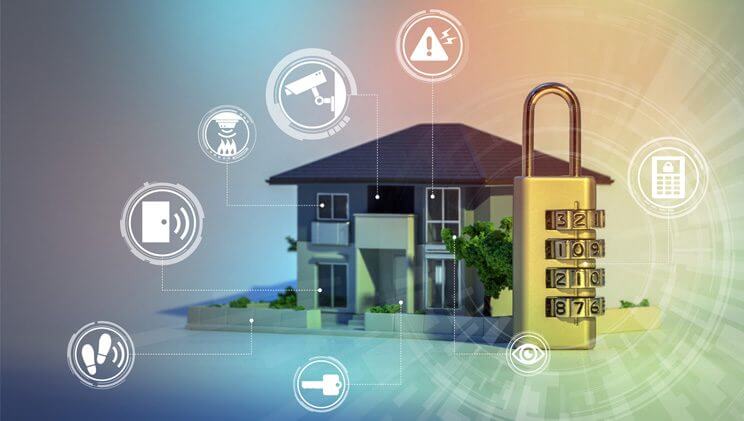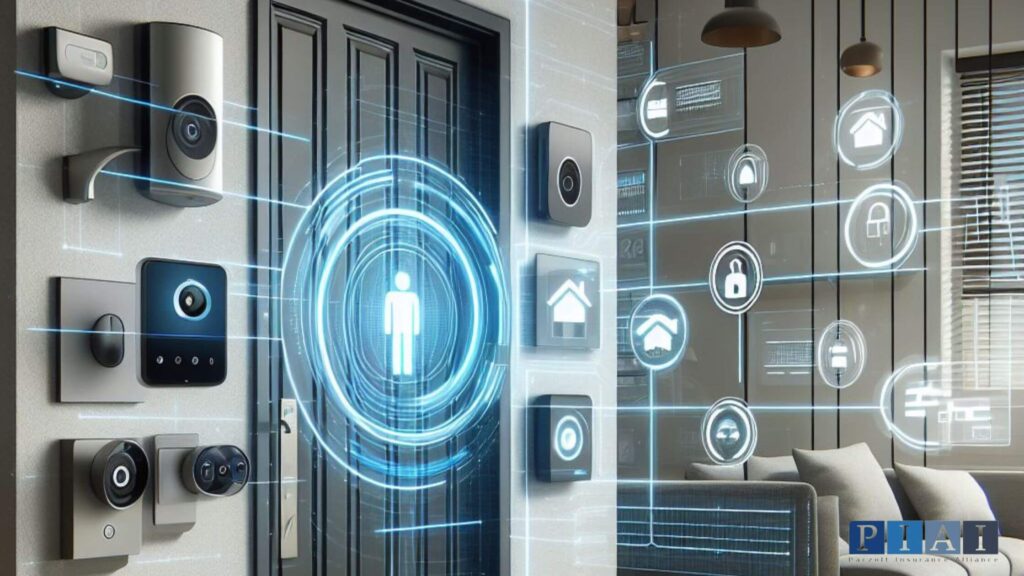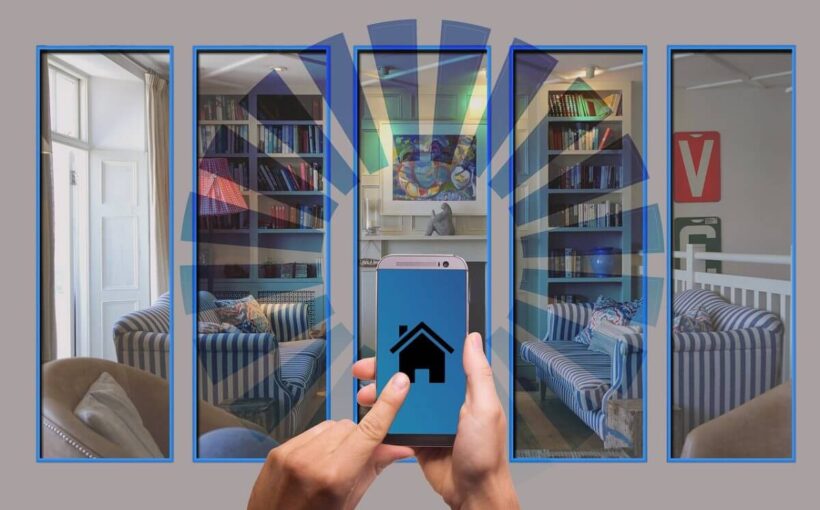In today’s world, ensuring the safety of your home and loved ones is a top priority. With the advancement of technology, there are numerous security systems available that promise to keep you protected. However, choosing the right one can be a daunting task. In this guide, we will walk you through the essential considerations to help you pick the perfect security system for your home.
Exploring different types of home security systems
Understanding the types of available security systems for home can help streamline your decision. Each option comes with its pros and cons, catering to a variety of preferences and budgets.
Wired vs wireless security systems
Wired systems have been around for longer and typically offer robust security with minimal interference. However, their installation can be invasive and may require professional assistance.
On the other hand, wireless systems are easier to install and offer flexibility in terms of positioning. They are generally more user-friendly and can often be monitored via smartphone apps. However, they may be more susceptible to interference or hacking.

Monitored vs unmonitored systems
Another consideration is whether to opt for a monitored or unmonitored system. Monitored systems connect to a professional monitoring service that can respond to alarms and coordinate with emergency services if needed.
Unmonitored systems, while cost-effective, require you to handle notifications and emergency responses yourself. Depending on your lifestyle and comfort level with managing emergencies, this can significantly impact your choice. Click here to get also about essential scaffolding materials for scaffolding construction.
Understanding the importance of home security systems
Home security systems are more than just an added expense; they are a crucial line of defence against potential threats. Understanding their significance can help you make informed decisions.
The role of security systems in home protection
Security systems serve to deter burglars and provide peace of mind for homeowners. Having visible security measures can dissuade potential intruders, knowing that the home is actively being monitored.
Moreover, in the unfortunate event of a break-in, these systems can alert you and the authorities, minimising potential damage and theft. In essence, a well-installed security system not only protects your belongings but also enhances the sense of safety for you and your family.
Key features of a robust home security system
A robust security system typically includes several key features, such as motion detectors, surveillance cameras, alarms, and smart home integration. Each of these elements plays a significant role in ensuring comprehensive coverage of your home.
Digital surveillance cameras allow you to monitor your property in real time or review footage later. Moreover, many systems now include mobile access, enabling you to keep an eye on things from anywhere. Alarms can provide immediate alerts, while motion detectors can sense when something unusual occurs, triggering notifications to your phone or the monitoring service.

Assessing your home’s security needs
Before investing in a security system, it’s crucial to assess your unique security requirements. No two homes are the same, and understanding your risks can help tailor a solution that suits you best.
Identifying potential security risks in your home
Start by evaluating your property. What are its vulnerabilities? Are there easily accessible windows or doors? Is your neighbourhood prone to crime? Such considerations can help identify areas that require more attention.
Don’t forget to look at outdoor spaces as well. Overgrown bushes or trees can obscure views and provide cover for intruders. Assessing these risks is the first step toward understanding what type of security features you might need.
Determining the level of security needed
Once you’ve identified potential risks, you can determine the level of security needed for your home. For instance, a home in a high-crime area may benefit from a comprehensive system with 24/7 monitoring, while a property in a low-crime neighbourhood might only require basic deterrents like motion lights and cameras.
Consider your lifestyle as well. If you travel frequently, investing in more advanced features like smart locks or cameras with remote access might be wise. Tailoring your system to your specific needs is key to effective home security.
Choosing the right security system for your home
After familiarising yourself with the various options, it’s time to make a decision. This stage is where you weigh your choices based on features, installation methods, and budget.
Factors to consider when selecting a security system
Consider factors such as the size of your home, the number of entry points, and any specific concerns you may have. Additionally, think about whether you prefer professional monitoring or are comfortable managing the system yourself.
Don’t forget to consider user reviews and expert recommendations, as these can provide valuable insights into the effectiveness of specific systems.

Making the final decision: Balancing cost and security
Ultimately, striking the right balance between cost and security is vital. It may be tempting to go for the cheapest option, but remember, investing in a quality system can prevent more significant losses in the long run.
Moreover, many systems come with tiered pricing options, allowing you to customise your package based on your needs without compromising on essential features.
Installation and maintenance of home security systems
Once you’ve selected your system, it’s time to discuss installation and maintenance. Understanding these aspects can ensure your system works effectively for years to come.
Professional vs DIY installation
One of the first decisions you’ll face is whether to install the system yourself or hire professionals. Professional installation can save you time and ensure that everything is set up correctly, particularly for wired systems.
On the other hand, DIY installations can be more cost-effective and flexible, allowing you to adjust the setup as needed. Many wireless systems are designed for easy self-installation, making them an attractive option for those who prefer a hands-on approach.
Maintaining your home security system for optimal performance
Finally, regular maintenance is essential to keep your system functioning properly. This may include checking battery levels of wireless devices, ensuring cameras are dirt-free, and testing your alarm system periodically.
Keeping an eye on your system’s performance will help you spot any issues early, ensuring that your home remains secure and that your investment continues to protect you effectively.
In conclusion, the right security system can greatly enhance your home’s safety, providing peace of mind for you and your loved ones. By understanding your needs and carefully choosing a system that suits your lifestyle, you can create a safe haven for yourself and your family.
